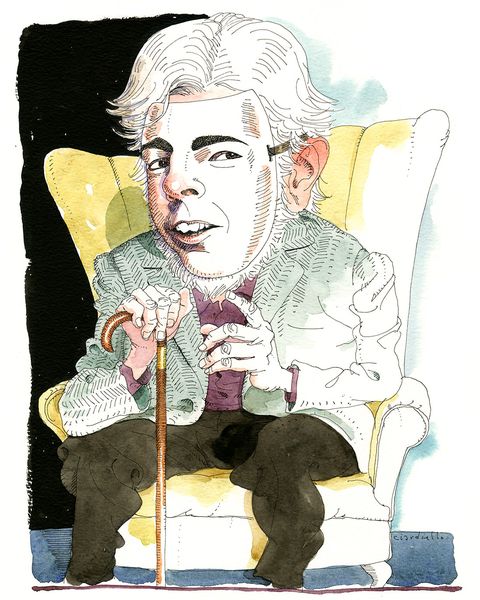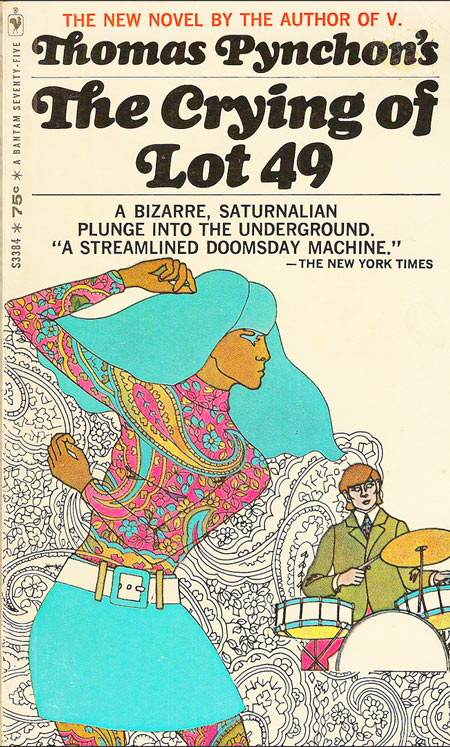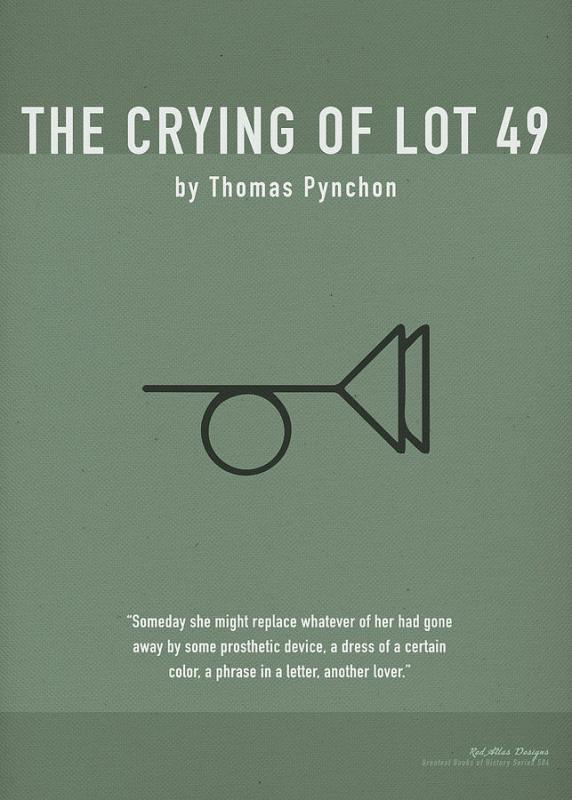“That’s what would come to haunt her most, perhaps: the way it fitted, logically, together. As if (as she’d guessed that first minute in San Narciso) there were revelations in progress all around her.”
“The swan has yielded but one hollow quill, The hapless mutton, but his tegument; Yet what, transmuted, swart and silken Flows Between, was neither plucked nor harshly flayed, But gathered up, from wildly different beasts.”
“This pitchy brew in France is “encre” hight; In this might dire Squamuglia ape the Gaul, For “anchor” it has ris’n, from deeps untold.”
“It is at about this point in the play, in fact, that things really get peculiar, and a gentle chill, an ambiguity, begins to creep in among the words. Heretofore the naming of names has gone on either literally or as metaphor. But now, as the Duke gives his fatal command, a new mode of expression takes over. It can only be called a kind of ritual reluctance. Certain things, it is made clear, will not be spoken aloud; certain events will not be shown onstage; though it is difficult to imagine, given the excesses of the preceding acts, what these things could possibly be.”
“Niccolo leaps to his feet, staring up one of the radial aisles, hand frozen on the hilt of his sword. He trembles and cannot speak, only stutter, in what may be the shortest line ever written in blank verse: “T-t-t-t-t . . .” As if breaking out of some dream’s paralysis, he begins, each step an effort, to retreat. Suddenly, in lithe and terrible silence, with dancers’ grace, three figures, long-limbed, effeminate, dressed in black tights, leotards and gloves, black silk hose pulled over their faces, come capering on stage and stop, gazing at him. Their faces behind the stockings are shadowy and deformed. They wait. The lights all go out.”
“But Gennaro ends on a note most desperate, probably for its original audience a real shock, because it names at last the name Angelo did not and Niccolo tried to, “He that we last as Thurn and Taxis knew now recks no lord but the stiletto’s Thorn, And Tacit lies the gold once-knotted horn. No hallowed skein of stars can ward, I trow, who’s once been set his tryst with Trystero.” Trystero. The word hung in the air as the act ended and all lights were for a moment cut; hung in the dark to puzzle Oedipa Maas, but not yet to exert the power over her it was to.”
“So began, for Oedipa, the languid, sinister blooming of The Trystero. Or rather, her attendance at some unique performance, prolonged as if it were the last of the night, something a little extra for whoever’d stayed this late. As if the breakaway gowns, net bras, jeweled garters and G-strings of historical figuration that would fall away were layered dense as Oedipa’s own street-clothes in that game with Metzger in front of the Baby Igor movie; as if a plunge toward dawn indefinite black hours long would indeed be necessary before The Trystero could be revealed in its terrible nakedness. Would its smile, then, be coy, and would it flirt away harmlessly backstage, say good night with a Bourbon Street bow and leave her in peace? Or would it instead, the dance ended, come back down the runway, its luminous stare locked to Oedipa’s, smile gone malign and pitiless; bend to her alone among the desolate rows of seats and begin to speak words she never wanted to hear?”
—–excerpts from the author’s 1966 novel.




